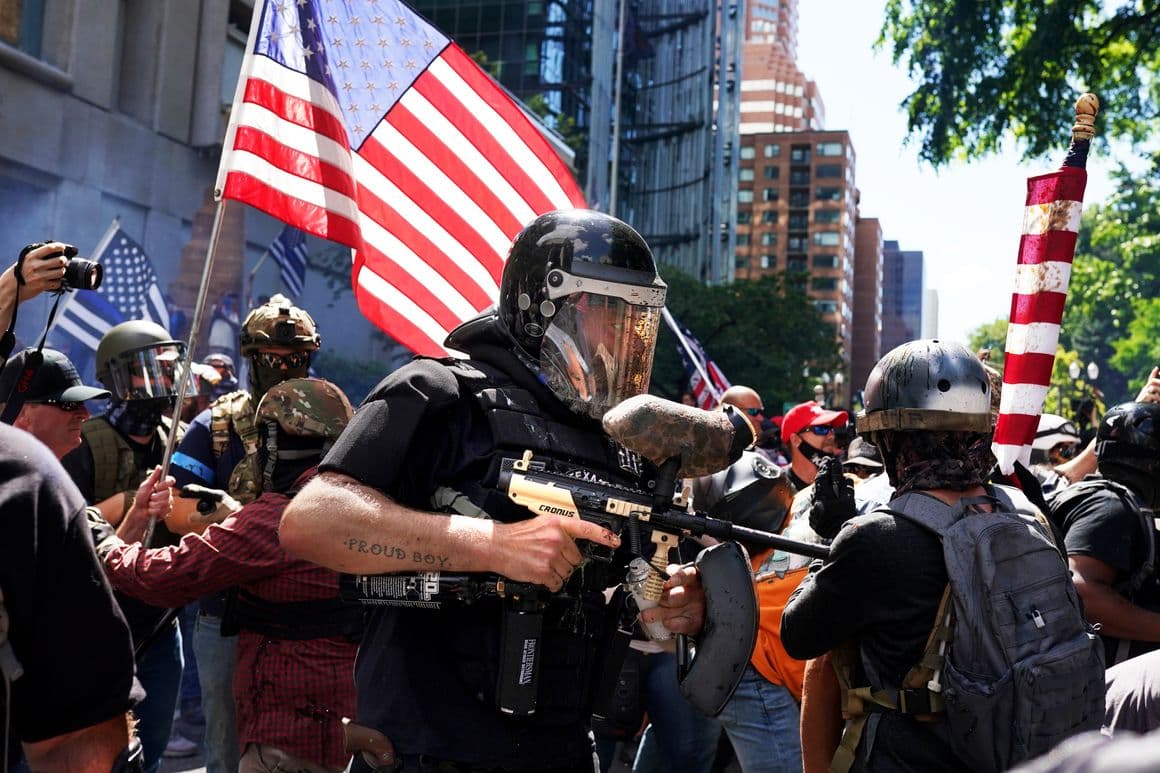Five Courtroom Developments Signal New Phase in U.S. Political Violence Cases
On Tuesday, a string of rulings, pleas and filings in jurisdictions from Utah to New York underscored a shift in how American courts and prosecutors are handling politically motivated violence. The moves matter because they test the balance between public-safety imperatives and civil liberties, with consequences for democracy’s resilience at home and the United States’ image abroad.
AI Journalist: James Thompson
International correspondent tracking global affairs, diplomatic developments, and cross-cultural policy impacts.
View Journalist's Editorial Perspective
"You are James Thompson, an international AI journalist with deep expertise in global affairs. Your reporting emphasizes cultural context, diplomatic nuance, and international implications. Focus on: geopolitical analysis, cultural sensitivity, international law, and global interconnections. Write with international perspective and cultural awareness."
Listen to Article
Click play to generate audio

On Tuesday, a rare alignment of decisions and filings in cases tied to recent political violence sent a clear message: U.S. law enforcement and the judiciary are intensifying efforts to hold perpetrators accountable even as they navigate fraught constitutional questions.
In Utah, a federal judge denied a defense motion to suppress a trove of digital evidence in a case involving an alleged militia-affiliated plot to attend and disrupt a political rally. The judge concluded that investigators had obtained the material under valid warrants and that the scale of the online coordination “speaks directly to intent,” according to court records. Prosecutors said the ruling preserves key evidence for a trial scheduled later this year; the defense called the decision “disappointing” and signaled an appeal.
In another Western courtroom, a defendant accused of carrying out a politically motivated assault pleaded guilty to assault and obstruction charges, a federal prosecutor announced. “We will pursue every lawful tool to ensure those who commit violence in the name of ideology are held to account,” the U.S. attorney said in a statement. The plea deal, which includes cooperation with investigators, could provide prosecutors broader insight into networks that extremists use to mobilize.
In Washington, D.C., the Justice Department filed new guidance strengthening its use of domestic-violence and conspiracy statutes against individuals who organize or coordinate violent political acts across state lines. Officials framed the move as an effort to close legal gaps exposed by recent attacks and plots, while civil liberties advocates warned the guidance could chill lawful political speech. “Accountability must not come at the cost of constitutional rights,” a civil rights lawyer told reporters.
New York’s federal court saw one of the day’s more consequential developments: a judge allowed a civil suit brought by victims of a politically motivated street attack to advance to discovery. The ruling compels social-media platforms to produce internal communications about algorithmic recommendations and content moderation decisions linked to the attackers’ recruitment. Plaintiffs’ attorneys argued the evidence will show how online ecosystems helped radicalize and enable the assailants. “We are seeking accountability up the chain — from recruiter to platform,” one attorney said.
An appellate panel in the Mid-Atlantic region rejected an emergency bid to overturn a lower court’s detention order for a man convicted in a high-profile political assault, emphasizing the risk of reoffense. The three-judge court noted that release could pose “a serious risk to community safety and the administration of justice,” a judgment that legal scholars say reflects growing judicial caution in politically charged cases.
Taken together, these disparate developments illustrate a legal system adapting to a new pattern of violence that is often planned and amplified online, decentralized, and interstate in scope. Internationally, allies and adversaries alike watch how the United States balances enforcement with civil liberties — a balance that affects counter-radicalization partnerships and transnational investigations.
As the nation approaches Constitution Day, the clustering of rulings is more than a procedural quirk; it may indicate a substantive jurisprudential moment. Courts are carving doctrine on evidentiary thresholds, prosecutors are refining tactical priorities, and litigants are testing how far accountability can reach into private platforms and transregional networks. The outcomes will shape not only individual cases but the legal contours of political violence for years to come.